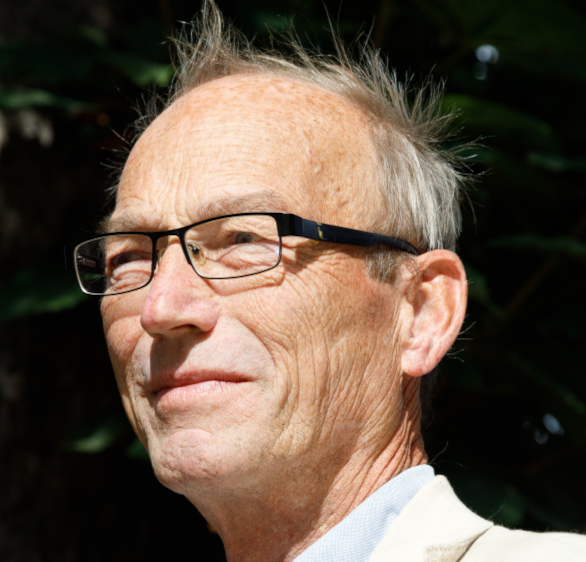Keynote: “Forgotten Anthropologies from the Periphery”
Abstract
There are many unknown pioneers in the history of anthropology, often publishing in smaller languages and based far from the centres of academic capital. I will present and compare two of them in this lecture. Eilert Sundt (1817–75) carried out systematic research on various aspects of everyday life in rural Norway in the mid-19th century and is recognised as the first Norwegian social scientist. Mixing quantitative and qualitative methods, he wrote about controversial subjects such as extramarital sex and hygiene. Sundt, a contemporary of Comte and Marx, saw sociology and ethnology as tools for enlightened social policy. A century later, Gutorm Gjessing (1906–79), who held the Chair at the Ethnographic Museum, had comparable aims. Trained as an archaeologist, Gjessing published extensively on colonialism, inequality, and environmental challenges, arguing that anthropology needed to take on urgent global challenges to remain relevant. Today, Sundt is revered but little read, while Gjessing virtually disappeared from the genealogy of anthropology in Norway. What they had in common was social engagement. This merits a reconsideration of their significance from the vantage-point of the Anthropocene.
Program
17:00 Welcome by HOAN convenors, Fabiana Dimpflmeier and Frederico Delgado Rosa.
17:05 Keynote Speaker Thomas Hylland Eriksen (University of Oslo): “Forgotten Anthropologies from the Periphery”
17:30 Open forum for questions and comments
17:45 HOAN Correspondents presentation:
- Peter Schröder (Brasil)
- Joshua Smith (Canada)
- Patrícia Ferraz de Matos (Portugal)
- Alina Branda (Romania)
- Hande Birkalan-Gedik (Turkey)
18:30 Closing and farewell words by HOAN convenors
